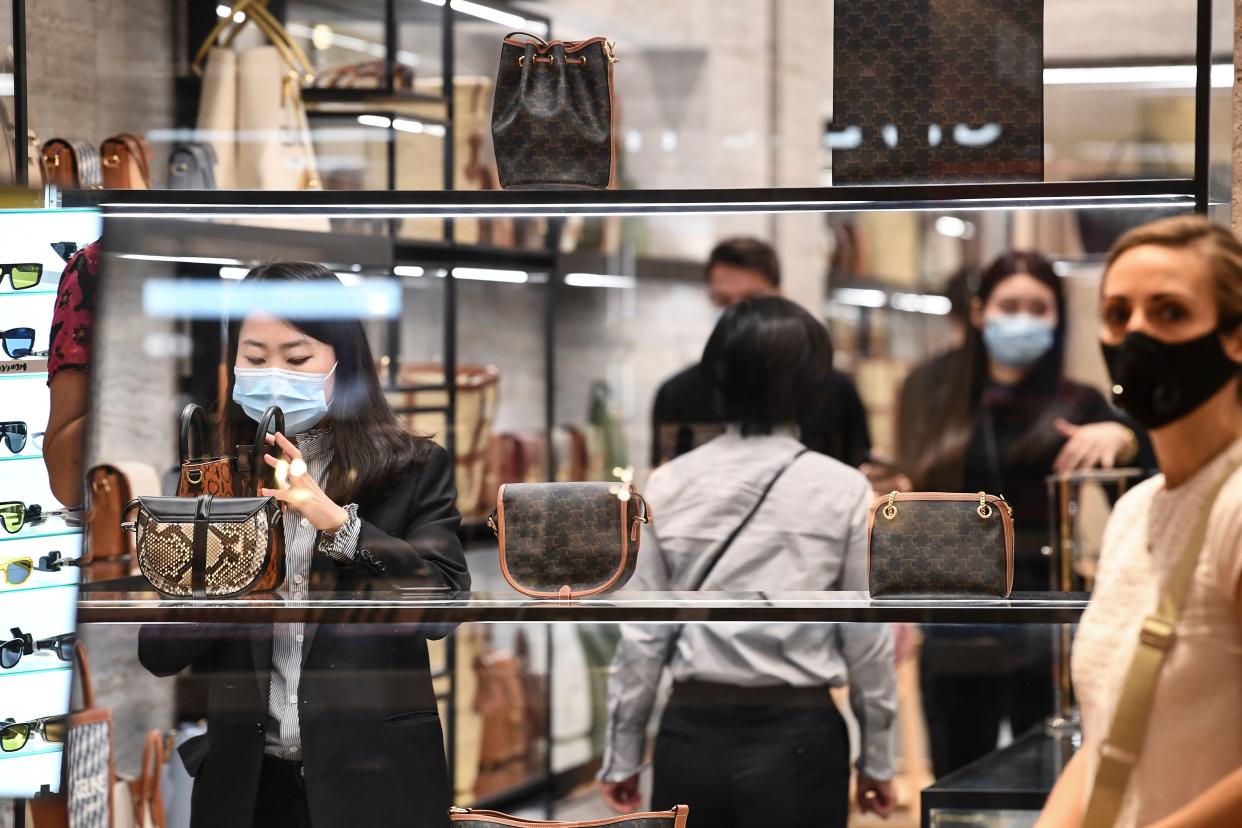Retailers roll out e-commerce innovations amid pandemic as consumers practise 'revenge buying'

As countries begin to relax lockdown measures around the world, many businesses like restaurants and retail outlets have gradually opened, and people are now going out and about to resume their routines.
However, fashion brands are now trying to make sense of the new normal, and a few fundamental questions have been raised: Will shoppers’ buying trends change? Will consumer spend return like before?
What consumers are buying
Designer e-commerce website Moda Operandi recently shared a report which was conducted with The Harris Poll, where 1,500 US women between the ages of 18 and 60 were surveyed about their shopping habits.
The report found that people are buying more loungewear clothing and luxe home decor while social distancing.
Surprisingly, people are also buying beach and vacation wear – probably the result of making future travel plans.
Will consumer spend return?
According to an article by research company McKinsey & Company, sales for this year’s spring season are as much as 70% lower than last year—not surprising, as consumers had little opportunity to explore the spring and summer collections in stores due to lockdowns.
When we look to countries like China and France that have eased lockdown measures, and shoppers forming queues outside their favourite luxury fashion stores from March onwards, it’s easy to write them off as consumers who are ‘revenge buying,’ a phrase used in the retail industry where a customer aggressively shops for products after being barred to do so.
This phenomenon is also attributed to the high net-worth of individuals who are flush with money and after weeks of being cooped at home, splurge on expensive items.
Even the announcement of price hikes - Louis Vuitton raised its prices by 3% in March followed by 5% in April - did not deter shoppers who flocked to boutiques in China. In mid-May, Chanel followed suit, raising prices on its popular 11.12 and 2.55 handbags between 5% and 17%.
Hermes, on the other hand, experienced respectable sales without a price hike. WWD reported that Hermes’ Guangzhou flagship store raked in 19 million yuan (US$2.69 million) in sales on the reopening of its store on 11 April, thanks to its VIP consumers.
And a month after that, on 11 May, consumers flocked to high-end stores on the Champs Élysées and Avenue Montaigne in France, awaiting for the opening of their favourite labels.
Going online to satiate shopping needs
As personal shoppers and white-glove services take a step back, we are starting to see more and interesting technological enhancements to e-commerce sites as they adapt to the realities of the need for social distancing.
As such, Lacoste even introduced QR codes in storefront windows so customers can take a peek into the store’s stock, purchase it online and have the order fulfilled by a store associate, who will then drop the item outside the shop or in the customer’s vehicle by the street.
For brands like Hermes and Louis Vuitton’s Singapore digital stores, they have also introduced contactless delivery to serve customers with ease.
And while the luxury stores in Marina Bay Sands have yet to open, customers can already enjoy shopping at its newly launched Shopping Concierge, which offers complimentary island-wide delivery in Singapore. Expect brands like Givenchy, Loewe, Moncler, Jimmy Choo, Alexander McQueen and more listed on the e-commerce website, including items like shoes, bags and clothing.
All these measures would possibly appease wary customers who do not want to step out in public shopping areas and would rather avoid close contact with staff at cash registers.



